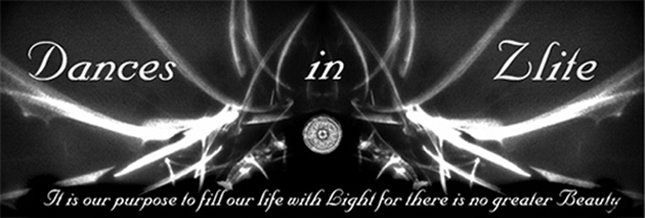
samurai
Samurai (侍, Samurai) is the term for the military nobility of pre-industrial Japan. The word samurai is derived from the archaic Japanese verb samorau, changed to saburau, meaning "to serve". A samurai was expected to read and write, as well as to know some mathematics. Samurai were expected, though not required, to have interests in other arts such as dancing, Go, literature, poetry, and tea. The philosophies of Buddhism and Zen, and to a lesser extent Confucianism and Shinto, influenced the samurai culture. Zen meditation became an important teaching due to it offering a process to calm one's mind.
Bushidō (武士道, Bushidō), meaning "Way of the Warrior", is a Japanese code of conduct and a way of the samurai life, loosely analogous to the concept of chivalry. It originates from the samurai moral code and stresses frugality, loyalty, martial arts mastery and honour unto death.
Katana (刀 or かたな, Katana) is a type of Japanese sword (nihontō) often referred to as a "samurai sword." The term is sometimes incorrectly used as a generic name for Japanese swords. The katana gets its gentle curve from quenching during forming; it is actually straight prior to quenching. Differential quenching causes martensite to form predominantly in the edge of the blade rather than the back; as the edge expands, the blade takes on a gently curved shape. The samurai used various weapons, but the katana is the weapon that is synonymous with samurai. Bushido teaches that the katana is the samurai's soul and sometimes a samurai is pictured as entirely dependent on the katana for fighting. They believe that the katana was so precious that they often gave them names and considered them as part of the living.



No comments:
Post a Comment